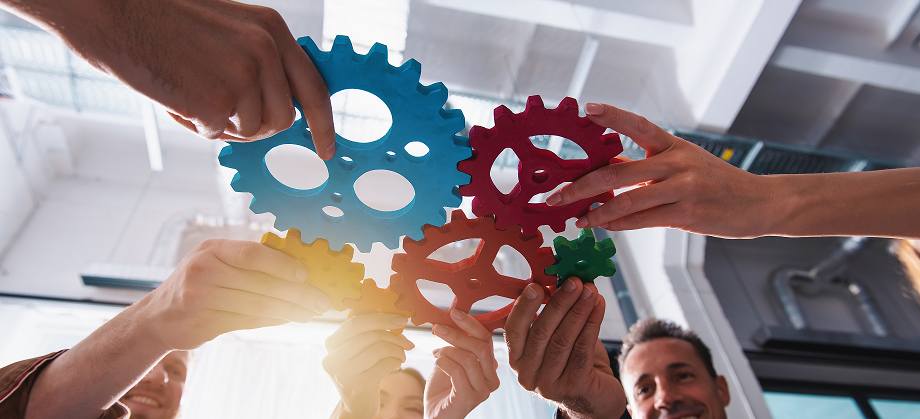Cross-sectoral topics and "Think Tanks"
Many current topics - circular economy, digitalization, but also the effects of AI on process and plant safety - require the combined expertise of various disciplines. At DECHEMA, such issues are dealt with as cross-sectional topics across specialist sections. A current overview and details on the individual issues can be found here.
The cross-sectional topics also include cross-thematic "think tanks" that explore future topics beyond the boundaries of the committees.
Structures and organization
Coordinating Committee
The Coordinating Committee promotes exchange and coordination between the specialist sections and provides impetus for joint work.
Rules of procedure
The Geschäftsordnung (Rules of Procedure) regulates the tasks and working methods of DECHEMA's committees.
Geschäftsordnung (German only)
Contact
Do you have questions about the committee structure or a general concern? Please contact us!
Head of Department Committees
Dr. Kathrin Rübberdt
Committee Office
Nina Weingärtner

